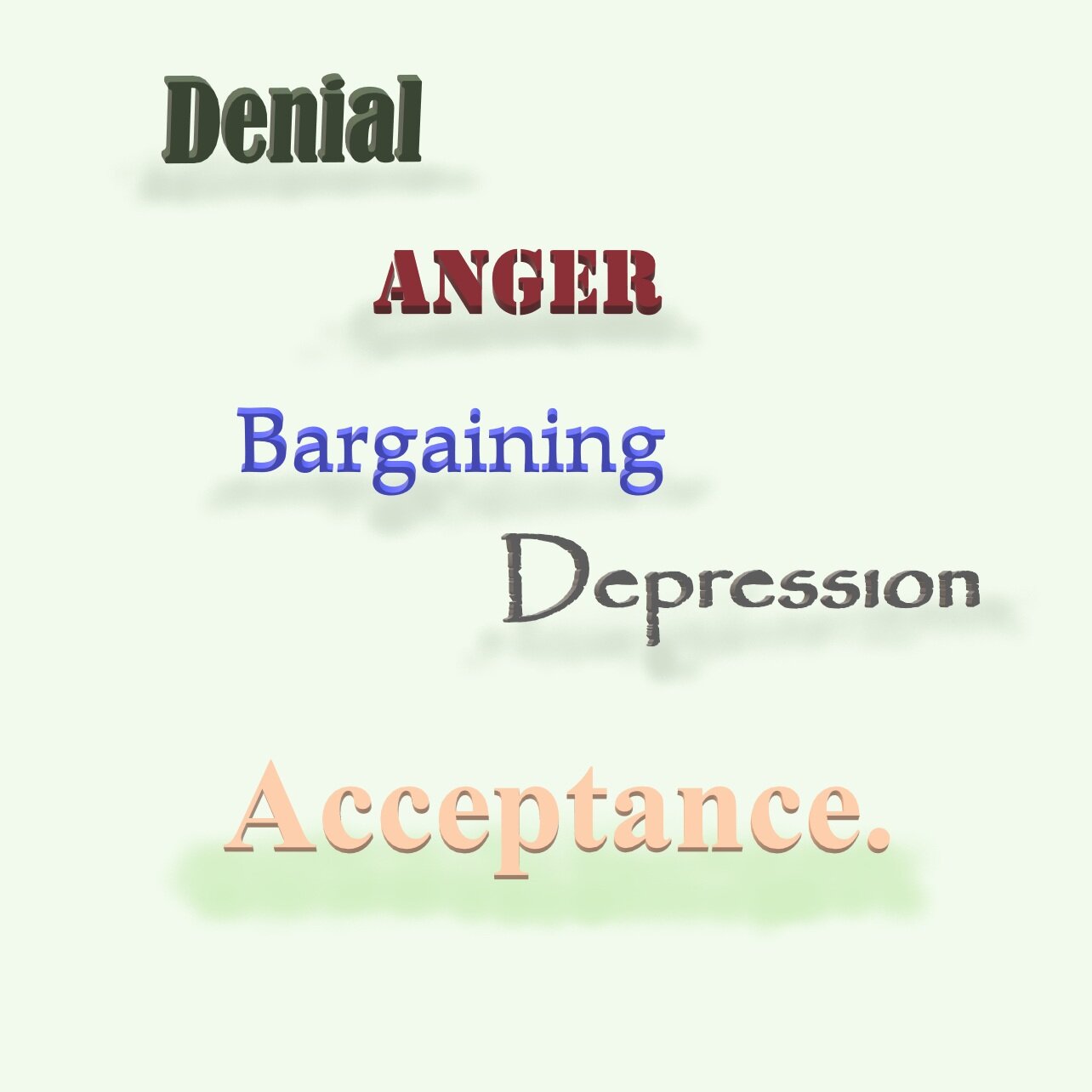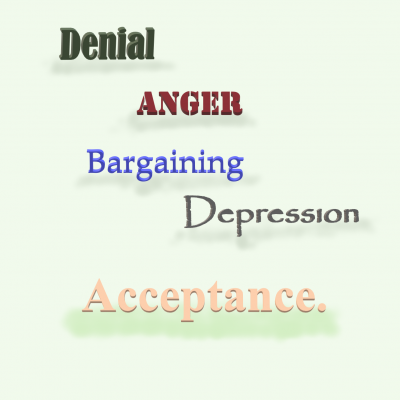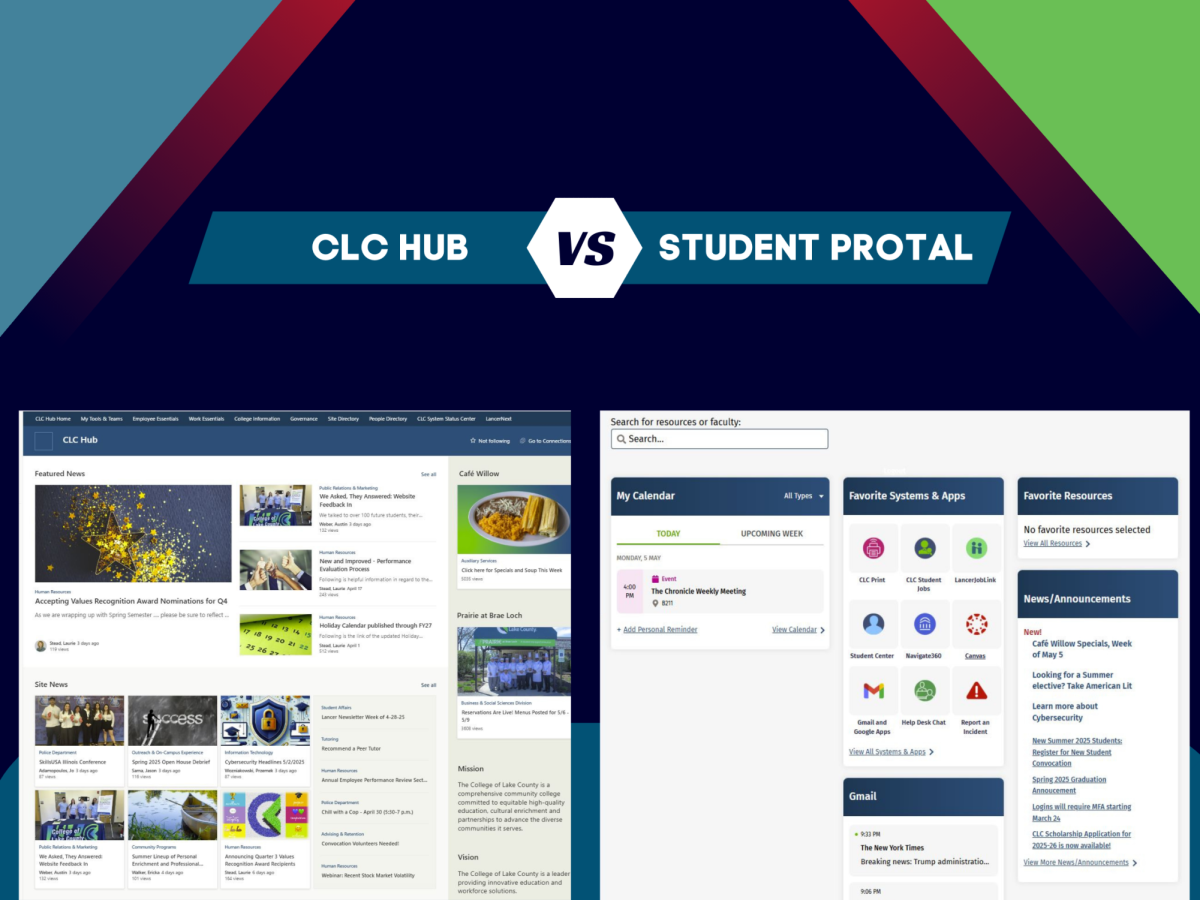We are now 11 months into the pandemic, and most of us have adjusted to our new lives.
This new normal, however, was first caused by the loss of the old normal.
The discomfort of the first year of COVID-19 has been traumatic, and I mean that genuinely.
In an article for Psycom, Dr. Christina Gregory discusses how the five stages of grief apply to a much broader spectrum of situations in which the loss of a critical construct in our lives occurs.
As a population, we have collectively been moving through (at our own pace) a wave of grief. Now that a vaccine has arrived, we need to once again re-orient ourselves to continue our lives productively.
In the case of college students, especially those who have entirely lost their ability to accomplish their goals because of the pandemic, we are trying to not only re-orient but redefine our lives within the lines of our newly disassembled reality.
In the life of a student, the biggest question is whether to continue with our college education or not.
College is a considerable investment of money, time, and emotional energy right now.
Graphic via Annie Ahern
So, it’s no wonder that more students than ever are considering taking a break from the stress of full-time education.
In Michael Horn’s article for EdSurge, Mr. Horn mentions that three times the number of Harvard-accepted students have decided to defer learning for a year, 20% of the total number of accepted students.
This figure is understandable, considering the trauma of the past year and the challenges of hybridized or online learning.
Personally, when the pandemic began, I lost two jobs, the ability to visit my mother, my social life, and began to complete all my coursework on my bed as I did not even have a desk, and was unable go to on campus.
Not only this, but online school is depressing for students and professors- and it shows.
Professors are exhausted by constant email communication and frustrating technology, adding to the atmosphere of unwanted change.
Beyond the adjustment issues, there’s also the feeling of college not being worth it anymore.
Why continue doing college work when it often feels more like a conference call than a classroom?
For those without scholarships, the job loss has been detrimental as well.
Overall, it paints an overly bleak picture for the continuation of higher education.
However, there are silver linings to maintaining advancement during these frankly impossible times.
While now mutilated into more of an Olympic level test of our ability to focus, College is a grounding force.
Requiring students to have a somewhat structured schedule to complete tasks anchors us to a remnant of times before mask mandates and social distancing.
While sometimes frustrated, professors are also still just as dedicated to education as they were before the pandemic- if not more.
And while it’s nearly maddening at times, higher education is truly a privilege to obtain and maintain access to.
So, I encourage those reading if they are capable of retaining at least a small amount of continued interest in higher education during these last several months of the pandemic to do so; it could be life-altering.
No matter how slow or demanding it is to obtain under these circumstances, a college degree can be the key to a better, longer life for students of all ages and backgrounds.
However, not being enrolled in college full time often triggers student loans to start collecting monthly payments that amount to an average to $300 a month, making deferral of education cumbersome at best for those of us who have lost jobs.
That being said, the choice to continue education in a global pandemic is a personal one, but remember that CLC has hundreds of options for financial aid, including student work opportunities.
We’re all in this together, and I hope I see you next year.







